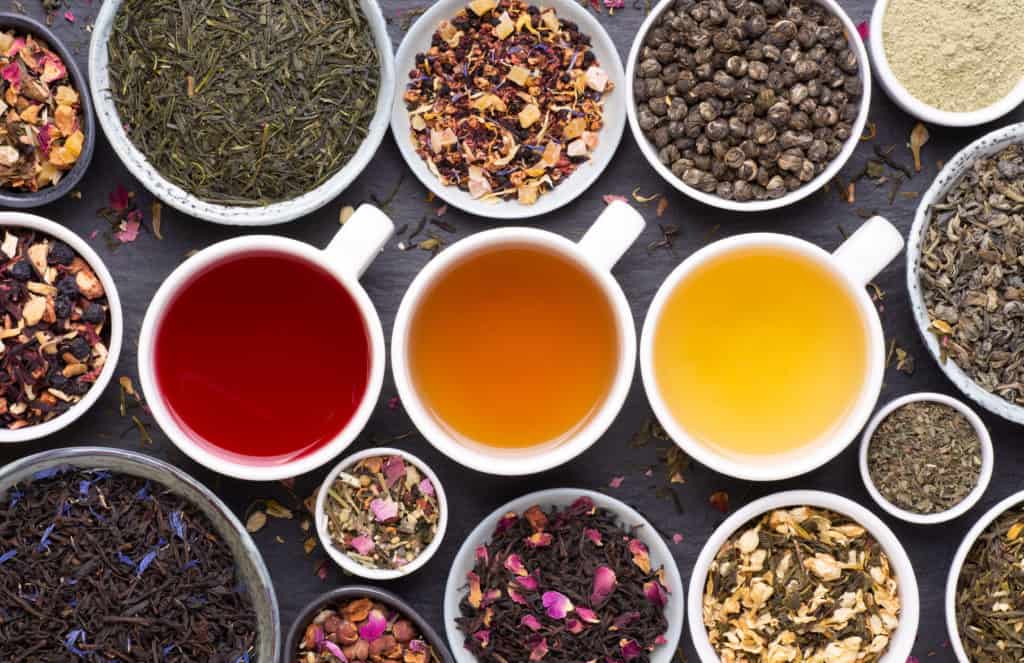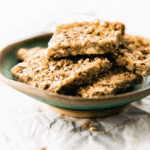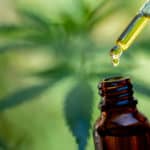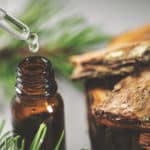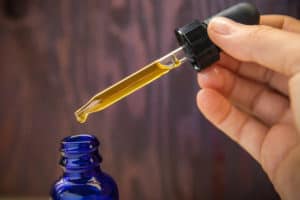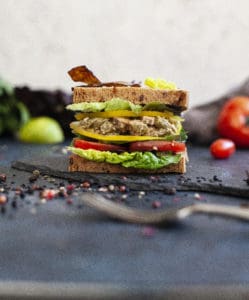Healthiest Coffee Alternatives
Dandy Tea Blend
Dandy tea resembles instant coffee and smells like the real thing but is obtained from roasted barley, chicory, rye, and dandelion root. For those who are not familiar with dandelions. They are a pesky weed that is remarkably, really good for you. If this is your first time giving it a try, we recommend you go by the serving suggestion. The taste is not bad at all, particularly with a dash of milk or cream.
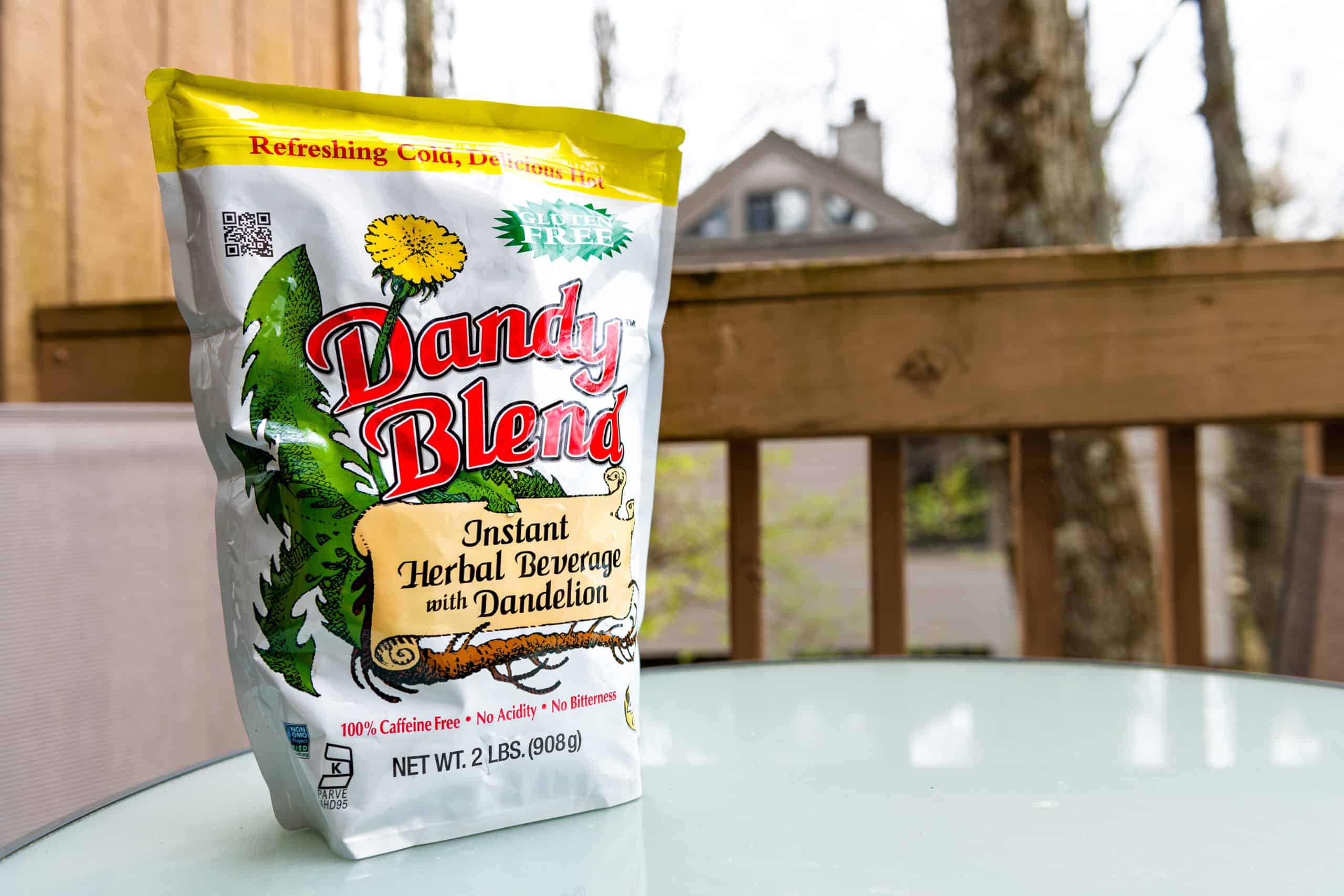
Four Sigmatic Chaga Mushroom Elixir
This brand is formulating its caffeine-free alternatives with chaga mushroom powder. Chaga mushrooms grow on birch trees and resemble burnt charcoal. They are weird-looking but surprisingly good. This coffee alternative has become a cult favorite coffee replacement. You’ll find that it tastes remarkably similar to the real thing, and daily drinkers claim that it delivers a hefty boost of mental clarity.
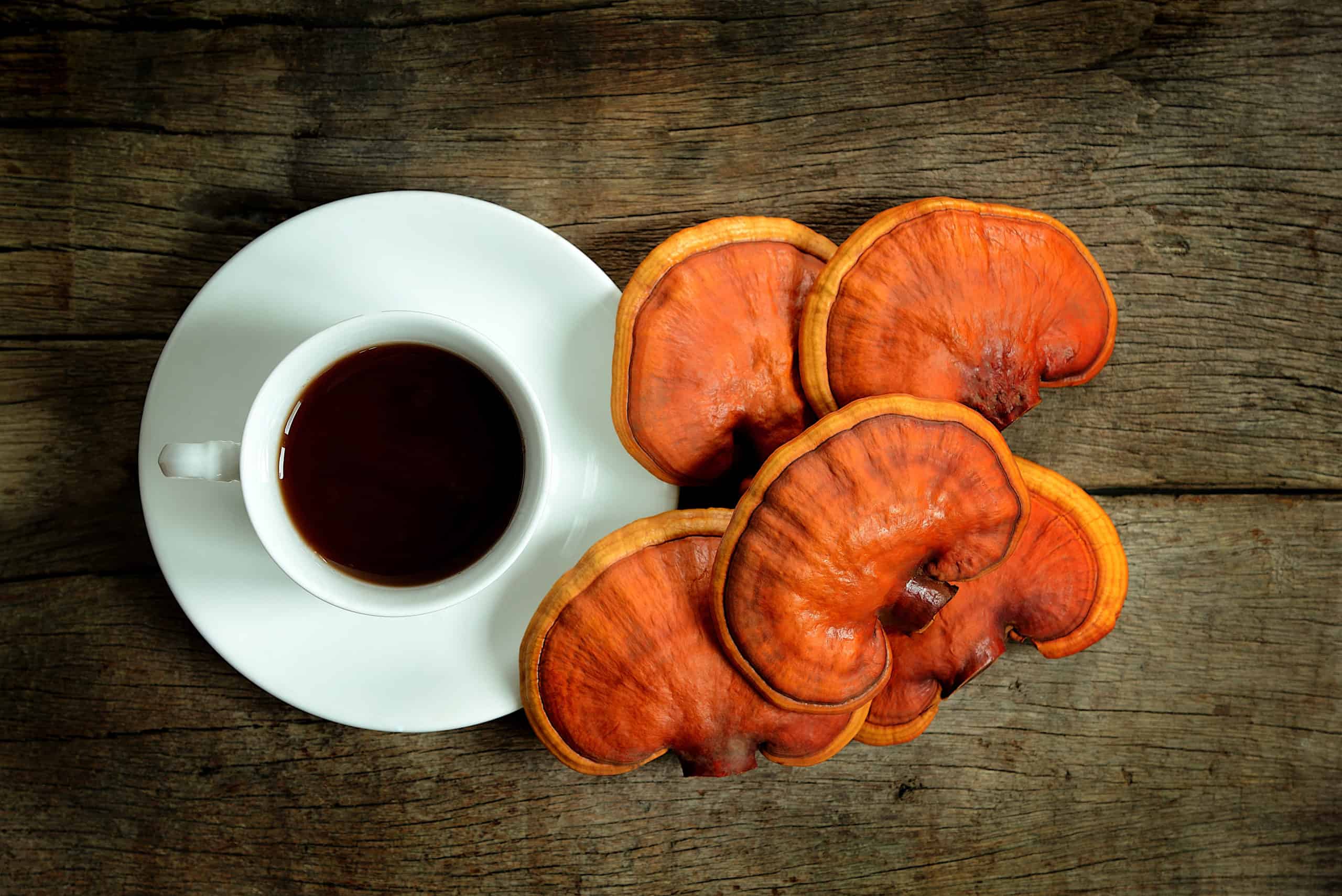
Teeccino
This blend’s (Teeccino) ingredients include roasted carob, barley, chicory, and organic Ramon seeds, which all have a strong, rich, coffee-like aftertaste. Drinkers on the website are all impressed by the taste, saying it’s almost indistinguishable from real coffee. And the best thing is that you can prepare it just like regular coffee grounds.
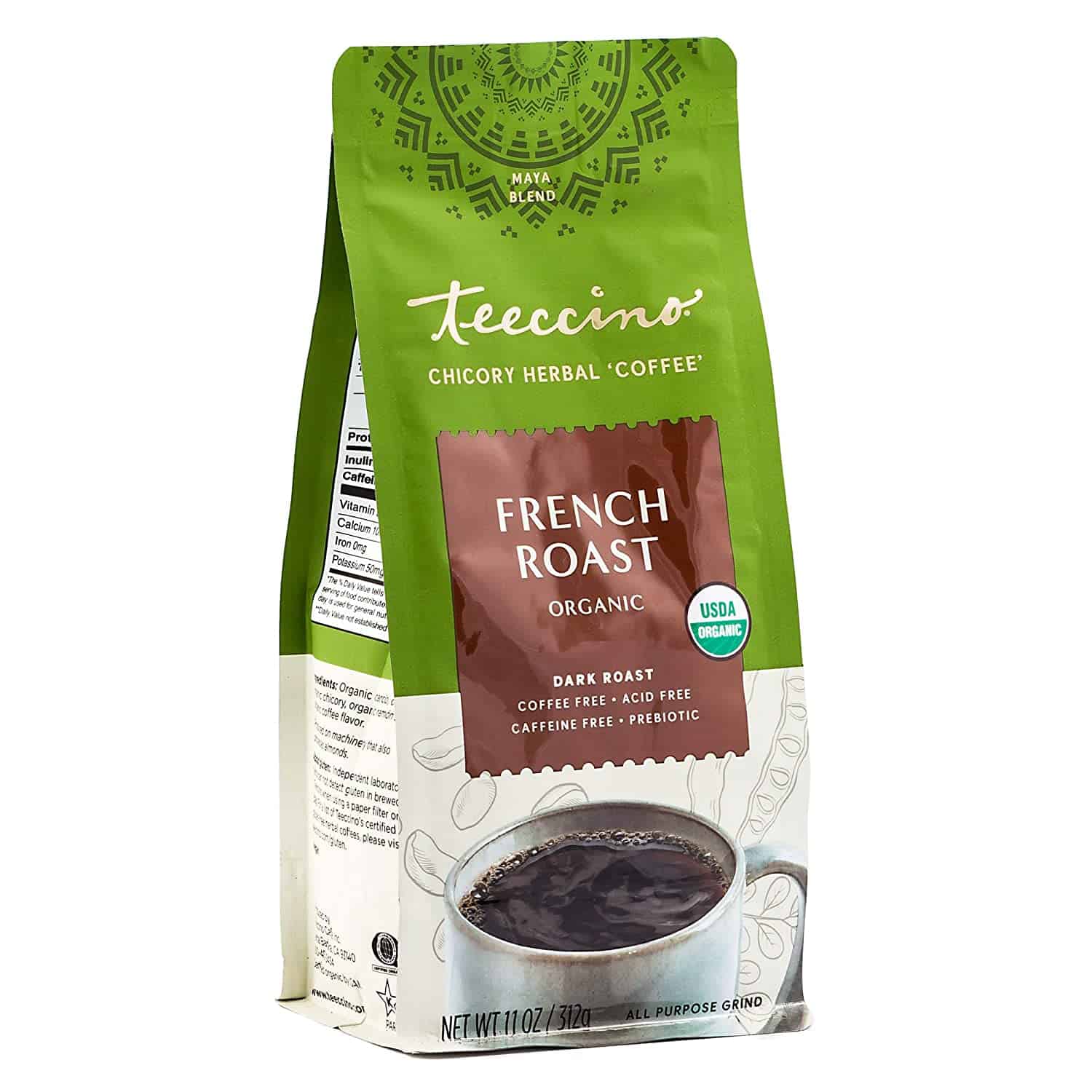
Postum
Postum, made of wheat bran, is one of the best coffee alternatives out there. This coffee substitute has a rich, sugary flavor and is loved by kids as well. That said, if you’re looking for a change in your morning coffee routine, postum is a good option.
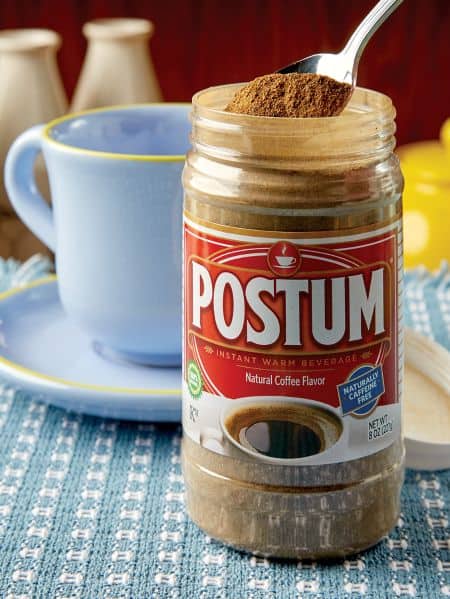
Ayurvedic Roast
Ayurvedic Roast coffee carries a mix of barley, rye, chicory, and ashwagandha. The website even claims that it’s the “world’s best coffee substitute.” Try it today, and let us know if that claim lives up to the hype!
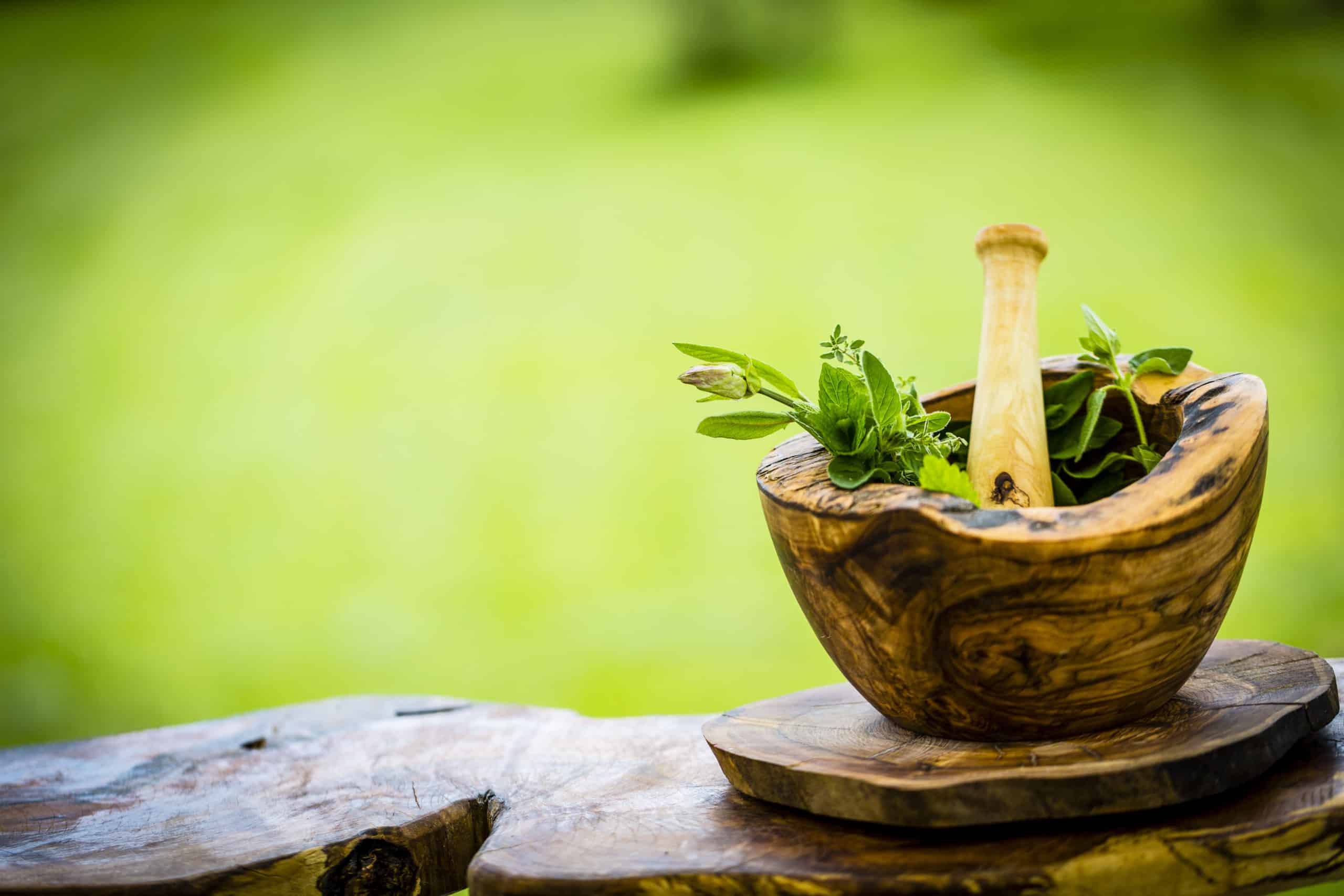
Matcha Tea
Matcha tea, anyone? Matcha is a type of green tea obtained by steaming, drying, and crushing the leaves of the Camellia sinensis plant into a powder. Matcha has a raw flavor, which some describe as natural and earthy. A great alternative to coffee, this substitute contains a much more concentrated source of the antioxidants epigallocatechin gallate (EGCG).
Observational studies suggest regular green tea consumption may reduce the risk of high blood pressure. Matcha tea has also been linked to decreased weight and body fat and a lower risk of type 2 diabetes.
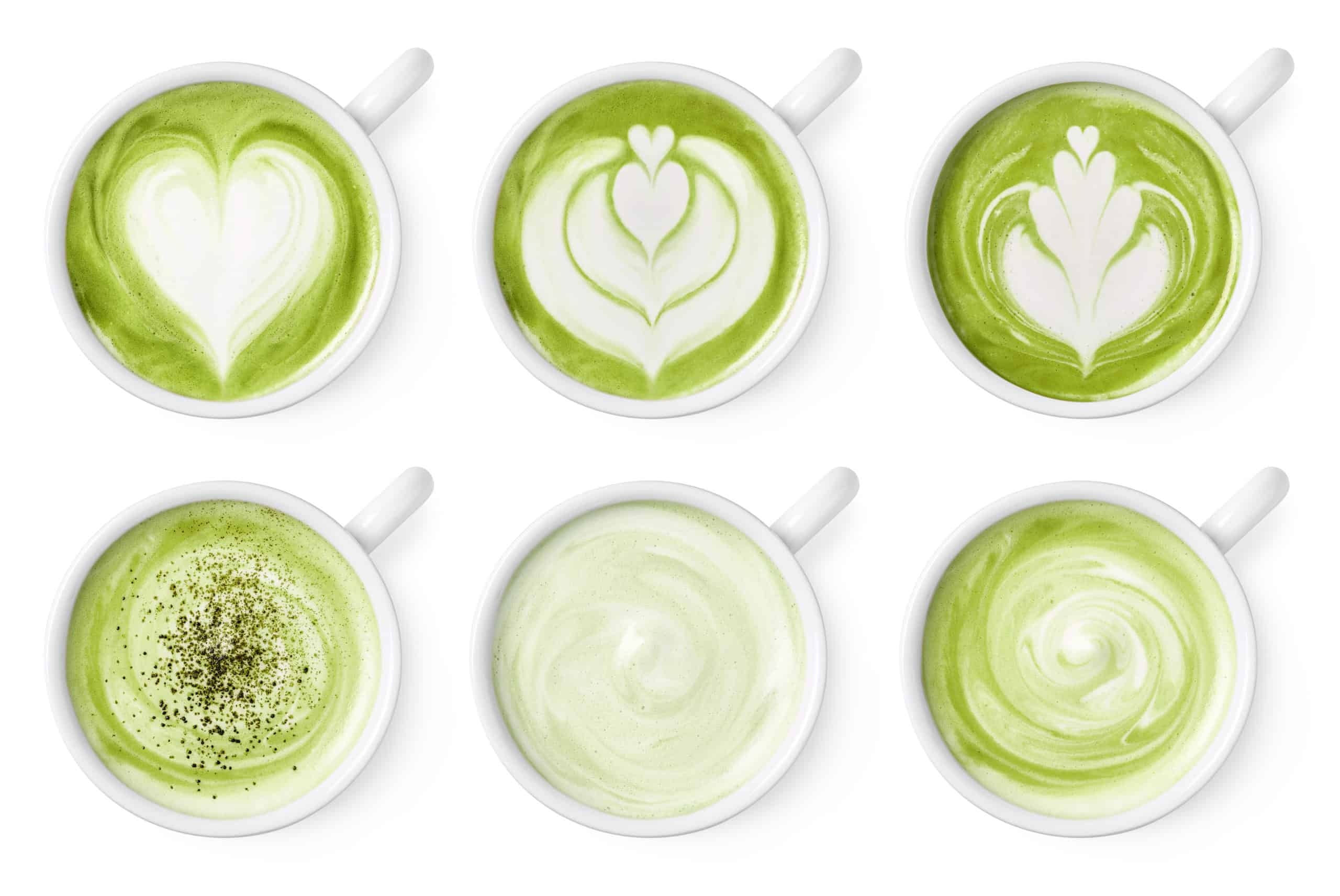
Golden Milk
Golden milk is a robust and caffeine-free alternative for coffee. This warm (not hot) beverage includes invigorating spices like ginger, cinnamon, turmeric, and black pepper. Other common ingredients include vanilla, cardamom, and honey.
Besides supplying your drink with that nice golden color, turmeric boasts potent anti-inflammatory properties due to the powerful active compound curcumin. Moreover, black pepper boosts your body’s ability to absorb curcumin for optimal delivery of health benefits.
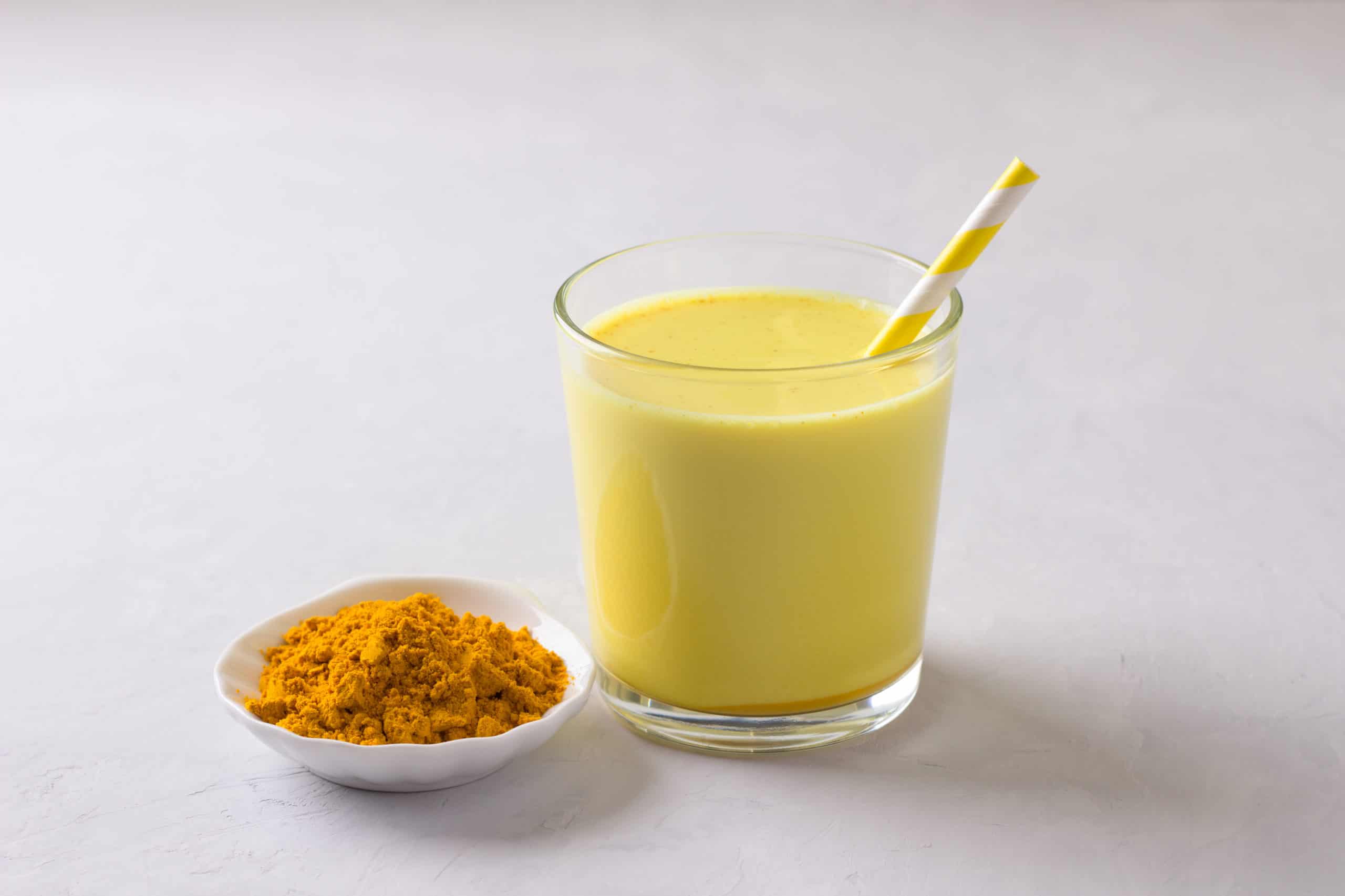
Kombucha
Kombucha is obtained by fermenting black tea with yeast, bacteria, and sugar. Following fermentation, the new blend contains probiotics, acetic acid, and antioxidants — all of which boast numerous health benefits.
Attempting to make kombucha on your own is not advised due to a high risk of contamination from dangerous pathogens. Leave it to the professionals. There are countless varieties readily available out there that are safe to drink.
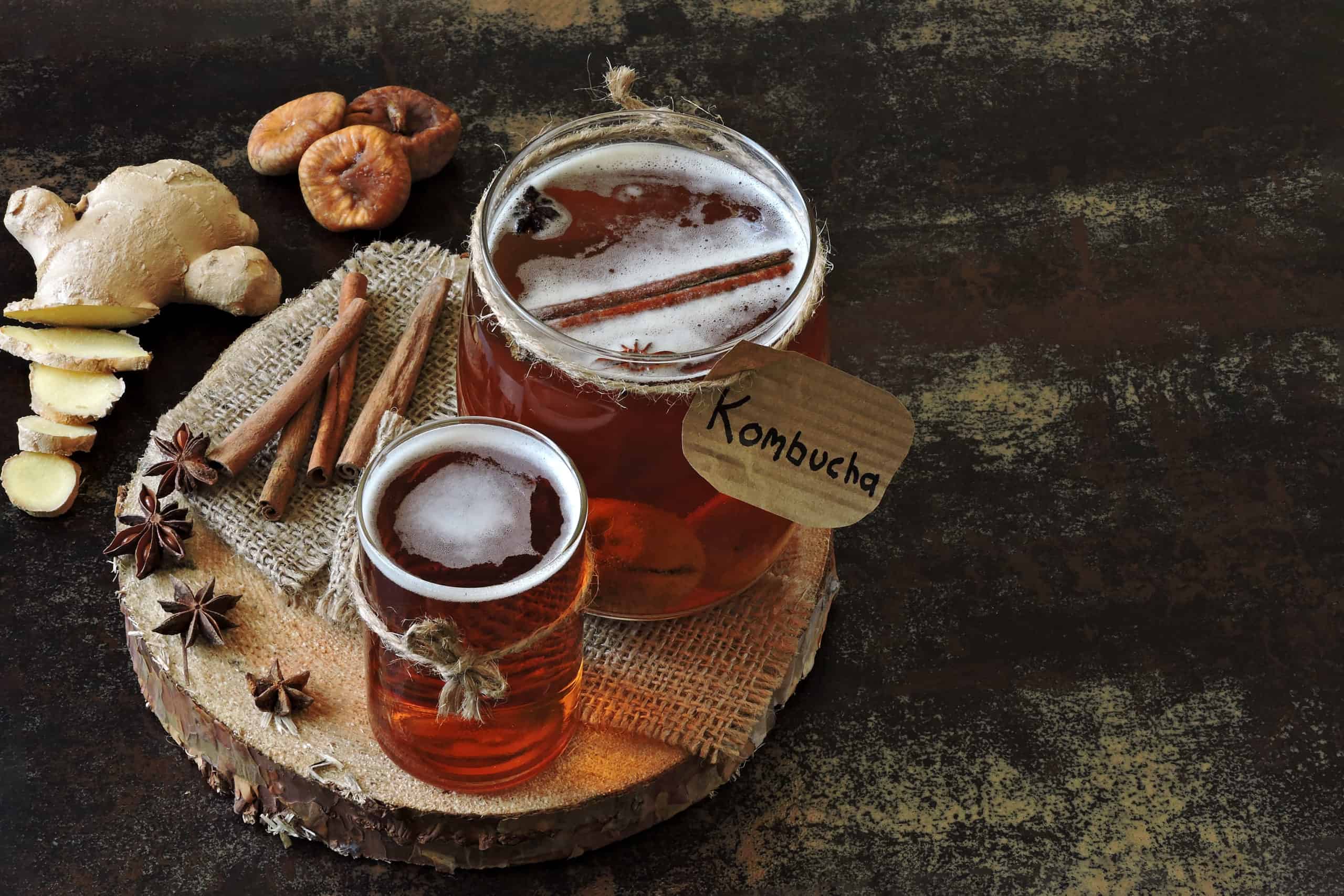
Chai Tea
Chai tea is a variety of black tea compounded with potent herbs and spices. Though it carries less caffeine (47 mg) than regular coffee, studies suggest that black tea can still promote mental alertness. Black and green teas are both obtained from the Camellia sinensis plant. However, black tea goes through a fermentation process, which alters its chemical composition. Nonetheless, both types have powerful antioxidant properties and numerous health benefits. Chai tea has a strong flavor yet a comforting smell.
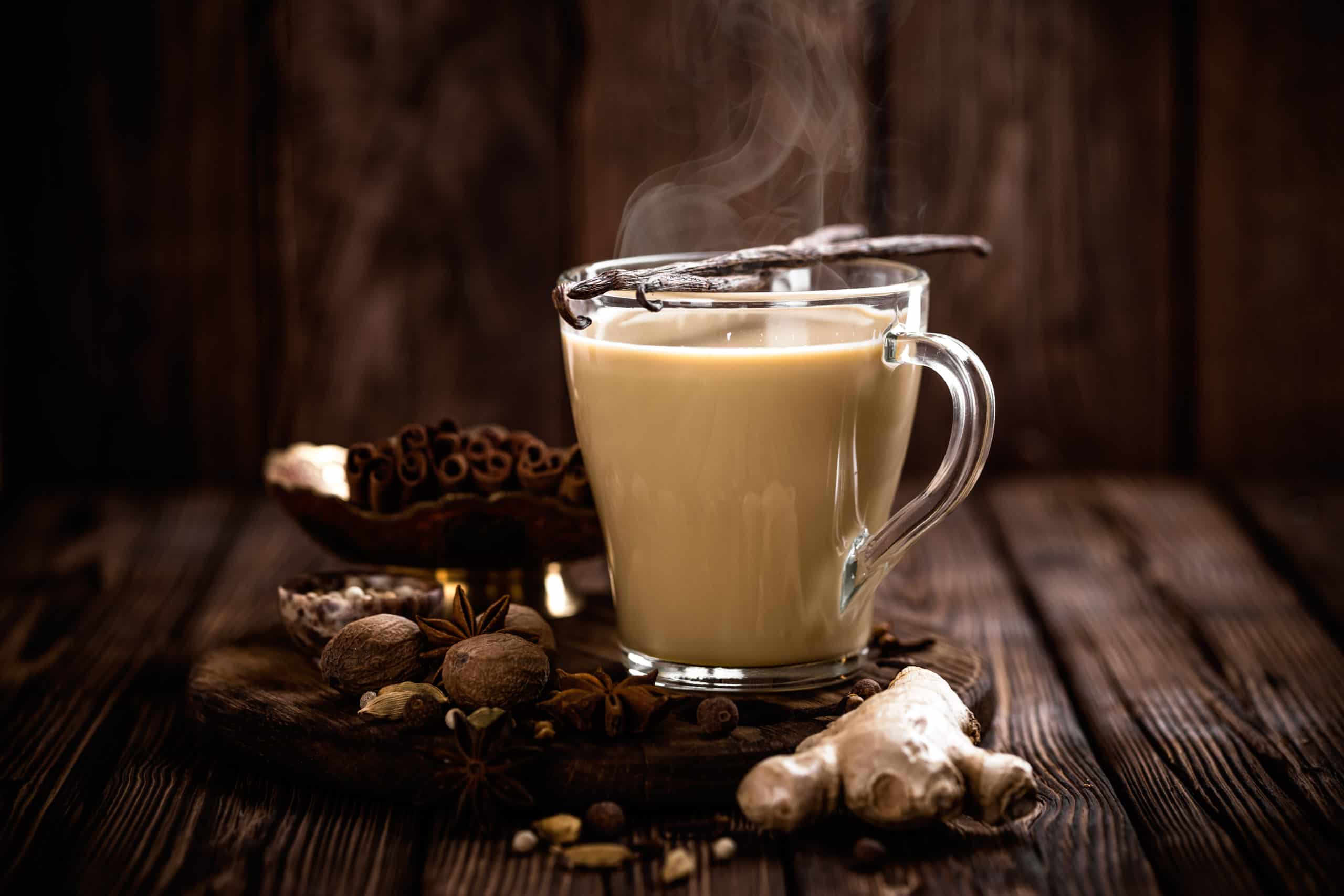
Yerba Mate
Yerba mate is a natural caffeinated green tea produced from the dried leaves of the holly tree, ilex paraguariensis. If you’re looking for a coffee substitute but don’t want to compromise on caffeine, yerba mate is an excellent choice. One cup (237 ml) contains approximately 78 mg of caffeine, similar to the caffeine content in your average cup of joe. Yerba mate is also packed with potent antioxidants – just like coffee.
Furthermore, yerba mate contains many minerals and vitamins, including thiamine, riboflavin, phosphorus, iron, calcium, and vitamins C and E. Yerba mate is not for everyone. It has an acquired taste, which can be bothersome to some people.
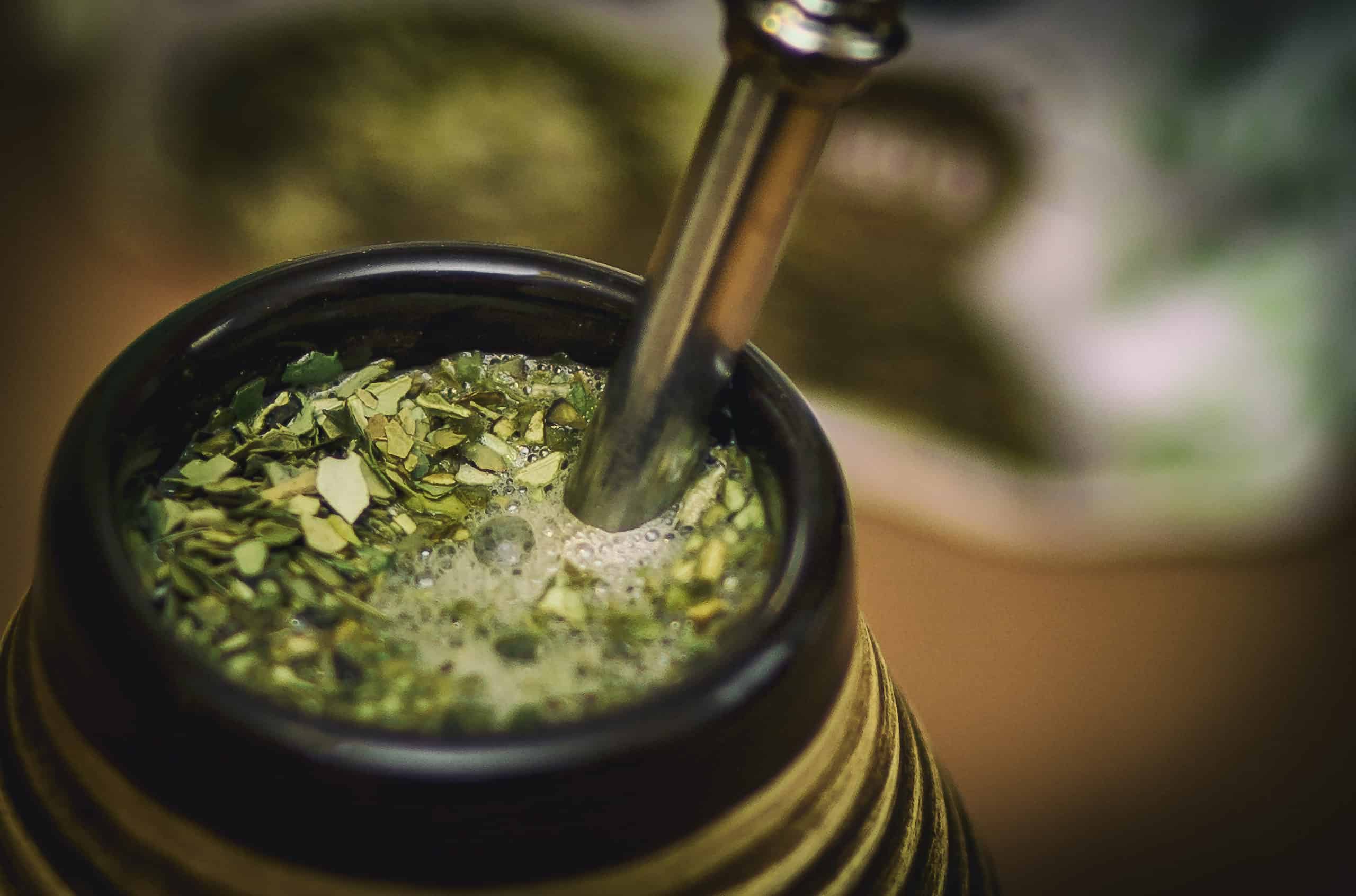
Takeaway
Yes, coffee has many wellness perks of its own, but if you become too attached to it, you start noticing some things that make you reconsider whether or not it may be for you.
Don’t fret; there are lots of other options out there worth a try. Many even offer benefits coffee doesn’t, such as antioxidant-rich herbs and spices, probiotics, and acetic acid. If you’ve been looking ceaselessly for a healthy alternative to coffee, the blends listed above are your best bet.
